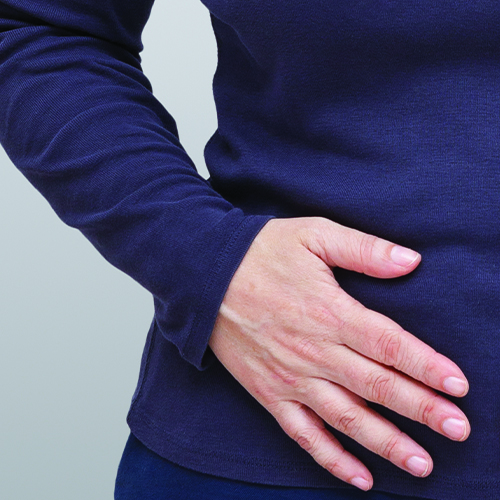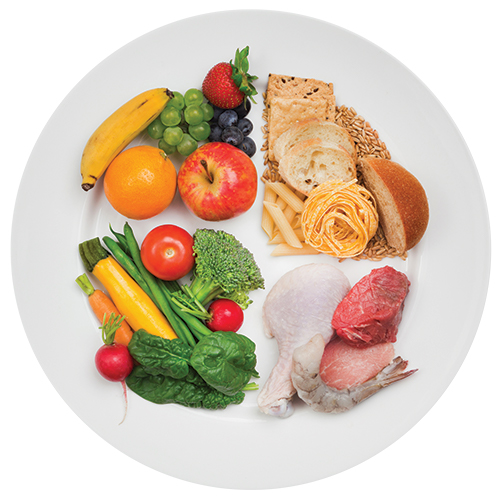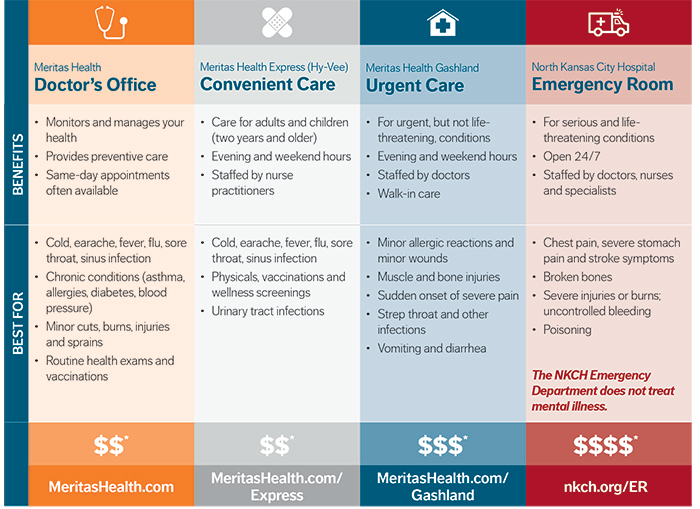Menopause is one of life’s unavoidable rites of passage. Adding certain foods to, or removing certain foods from, your diet may relieve common symptoms.
Fragile Bones
During and after menopause, your risk for osteoporosis increases significantly.
- Eat more leafy green vegetables, fish and fortified cereals to boost your intake of calcium and vitamin D
- Limit sodium, caffeine, red meat, processed foods and carbonated drinks
 Mood Swings
Mood Swings
Mood swings create feelings of depression, anxiety and irritability
- Eat more lean meat, poultry, salmon and flaxseed to increase your intake of vitamin B and omega 3
- Limit your sugar intake; sugar can cause you to feel tired and cranky
Weight Gain
During menopause, most women must work harder than ever to maintain their weight.
- Eat high-fiber foods such as whole-grain breads, cereals, pastas and rice; they keep you feeling full longer, so you eat less
- Limit processed and sugar-filled foods
- Avoid emotional eating
If you have questions about menopause or another aspect of your health, talk with your primary care provider or
OB-GYN.
Related Articles

March 9, 2020
3 Sneaky IBS Triggers
For people with irritable bowel syndrome, spring may spark a flare-up in symptoms

June 5, 2024
5 Consejos Sobre Nutricion para un Estilo de Vida Mas Saludable
Una alimentación saludable y una nutrición adecuada desempeñan un parte importante a la hora de mantener una buena salud. Aquí le mostramos cómo mejorar sus hábitos nutricionales.

May 31, 2024
5 Nutrition Tips for a Healthier Lifestyle
Healthy eating and proper nutrition play a big part in maintaining good health. Here's how to improve your nutrition habits.


